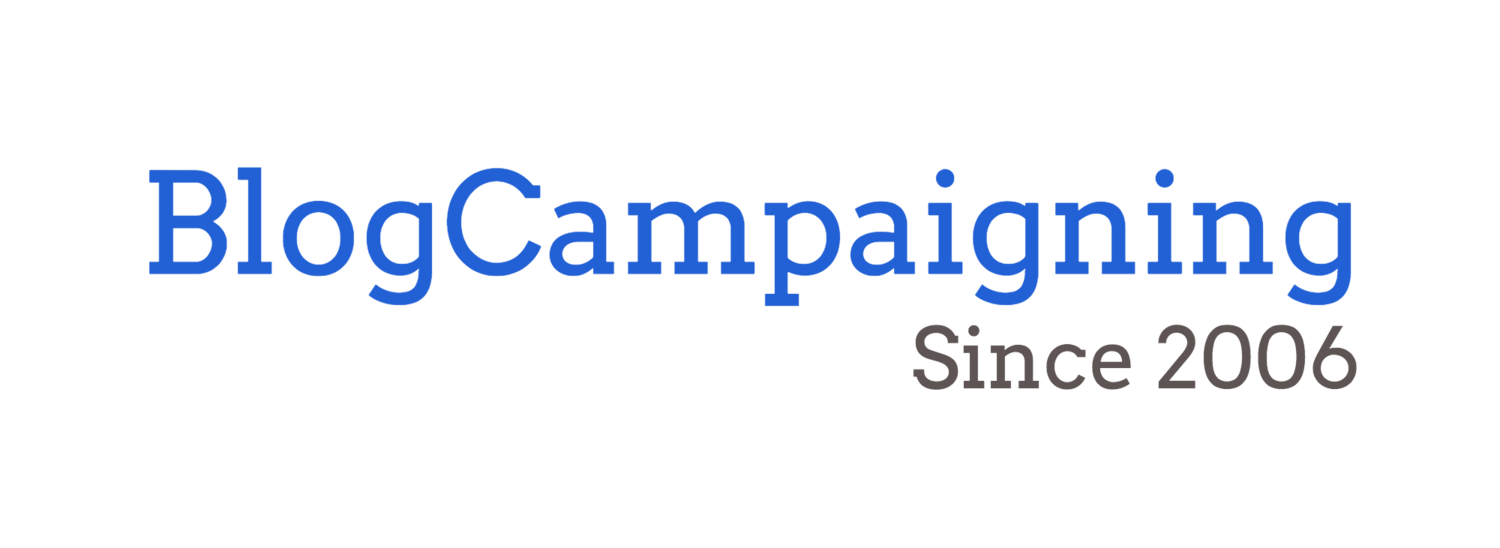This post is part of a series I started after reading “Notice, Collect, Share” by Russell Davies. I’m more inspired than ever to get back into the habit of…noticing, collecting and sharing. As part of that return to habit, I’m going to try and find five things that interest me every week, and share them here on my blog. 5 things per week, for 20 weeks, equals 100 Interesting things. Maybe one of these things will inspire you. Maybe one of them will inspire me. We’ll all learn something along the way.
I’ve also been tracking all of the stuff I find in my “Deck Of Interesting” - it’s screenshots, links, and assorted notes of things that might make into one of these posts.
#46 ChatGPT Is Confidently Wrong I’ve never been super excited about the use of ChatGPT. I know that it will ultimately change the way we work, write, and even think. But for now it’s a bit of a parlour trick. Unless heavily prompted, the writing feels clunky. Unless heavily directed, the research results come back as useless or or wrong.
The chart below is a reminder of just how wrong it can be. If we’re relying on it for any serious work, we should be checking it.
My other worry is that by outsourcing so much of our thinking to tools like ChatGPT, we’ll lose some of the ability for critical thought, writing, and creation ourselves. It’s not an exact analogy (and I’ve never had the best handwriting) but ever since I learned how to touch-type my handwriting has been unreadable.
*I’m not completely anti-AI: I think it can be a great tool in some cases. I recently used it to help me build out the world for a Tabletop Roleplaying Game (TTRPG) based on Blades In The Dark: when I was stuck coming up with names or in-world newspaper headlines, it helped me out.
#47 We Learn More By Reading On Paper I love books. I love reading. And I love writing. And when the Kindle came out, I thought I’d discovered the device to power dreams: something small and portable with a backlit screen that could carry thousands of books and give me access to them all the time.
But over the years, I slowly fell out of love with the Kindle. I rediscovered the joys of browsing book stores (and USED book stores), spending an hour or so between the often-narrow spaces between shelves in the sci-fi and fantasy sections.
And I fell back in love with printed material. I feel back in love with reading again. With holding a book in bed, and folding down a corner before I fell asleep.
And that’s why this study is so interesting: it turns out that we actually learn and retain more from reading materials on printed pages vs digital devices:
#48 The Majority Of Advertising Effectiveness Is Driven By Creative This might not be surprising to hear from someone with a creative agency background (DDB alumni will have had “Creativity Is The Most Powerful Force In Business” drilled into their head), and it’s great to see research actually backing it up.
The entire paper from Linkedin is worth a read, and echoes a lot of what I’ve been reading and seeing elsewhere.
#49 The False Consensus Effect
A little while ago I had a deck of cards at my desk, and each card had a different cognitive bias on it. There wasn't a game to go with it (or maybe there was?), but it was fun to flip through the cards and be reminded of these blind spots in our thinking that we all have.
One of the most interesting ones is the False Consensus Effect: that we tend to overestimate how much other people share our own beliefs.
The "Eat Your Beets" book that APG Canada recently published has a great essay on this topic in which dives into the differences of what marketers do and use in terms of media compared to the wider population.
📺 Canadian ad industry professionals are 25% more likely to own a smart TV and 2X more likely to own a streaming device than the average population.
🔈 49% of Canadian ad industry professionals own a smart speaker...compared to 22% of the general population
📱In the study, Canadian ad professionals thought that 90% of the general public used TikTok, when the number is closer to 36%
#50 The Slow Content Movement It’s hard to browse the web, either via search, social media, or your own email inbox and believe that it’s in great shape. Especially if you’ve been using it for more than a decade. What was once a world full of promise and community is now a shopping mall full of garbage.
But some people are trying to change that, like the Slow Content movement:
The web can make the world a better place. But its potential to thrive is under threat from technocracy and the algorithm, from myopic corporate and municipal worldviews, from the idea that it’s only there to allow people to complete tasks, from the attention economy and the misapprehension that anything with value is ultimately a transaction of one sort or another.
Slow Content is an embryonic movement for a better web. It's an idea in love with words and pictures, taking inspiration from Robert Macfarlane, from Jeffrey Zeldman, and from the Slow Food movement.
In the world of books, the 10 pillars of slow content would mostly seem like accepted wisdom. In the world of online content they need some brave tortoises to stand up for them.
I really love the 10 Pillars of Slow Content that they have on their site.








Appreciation of art.